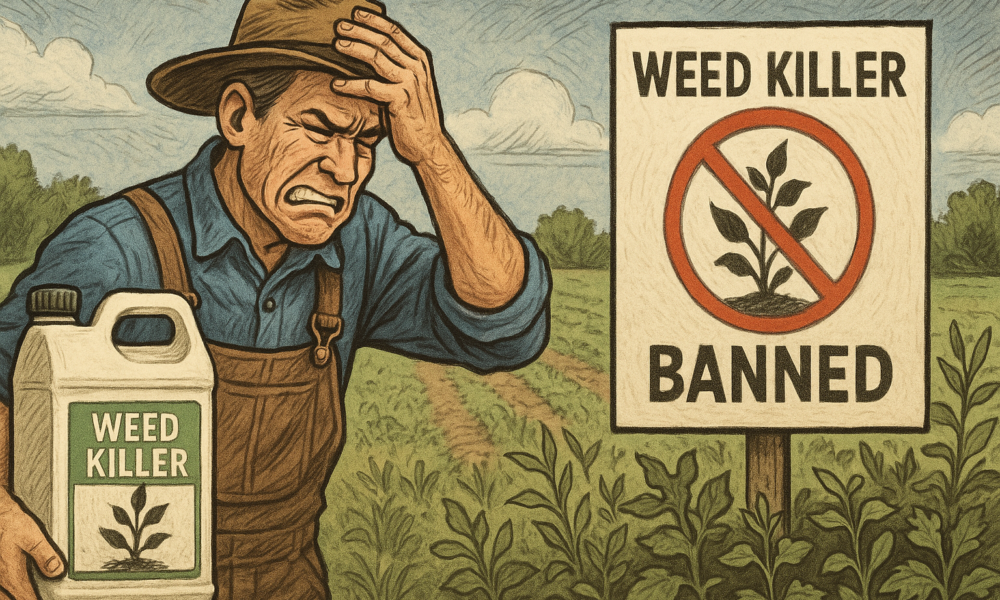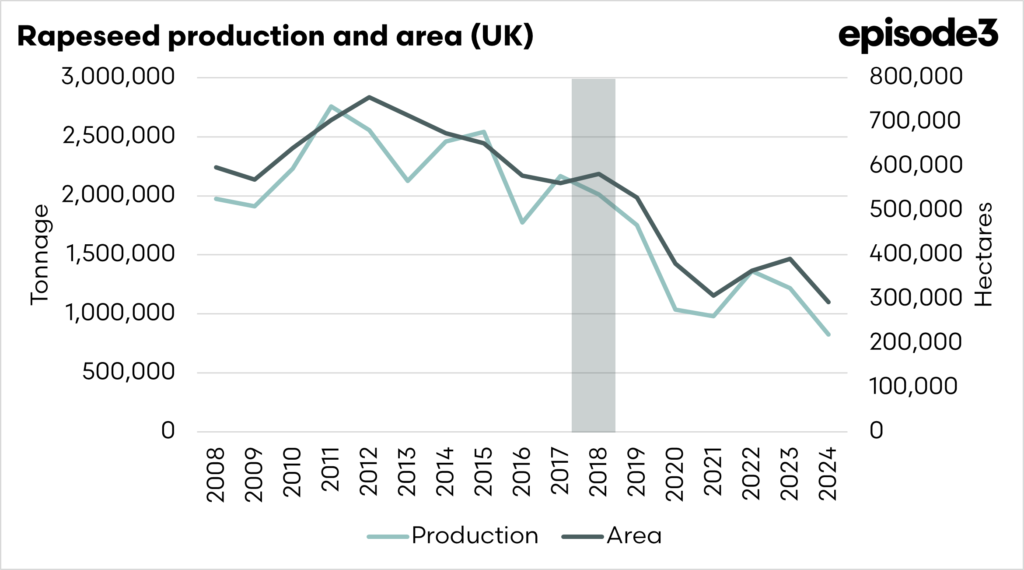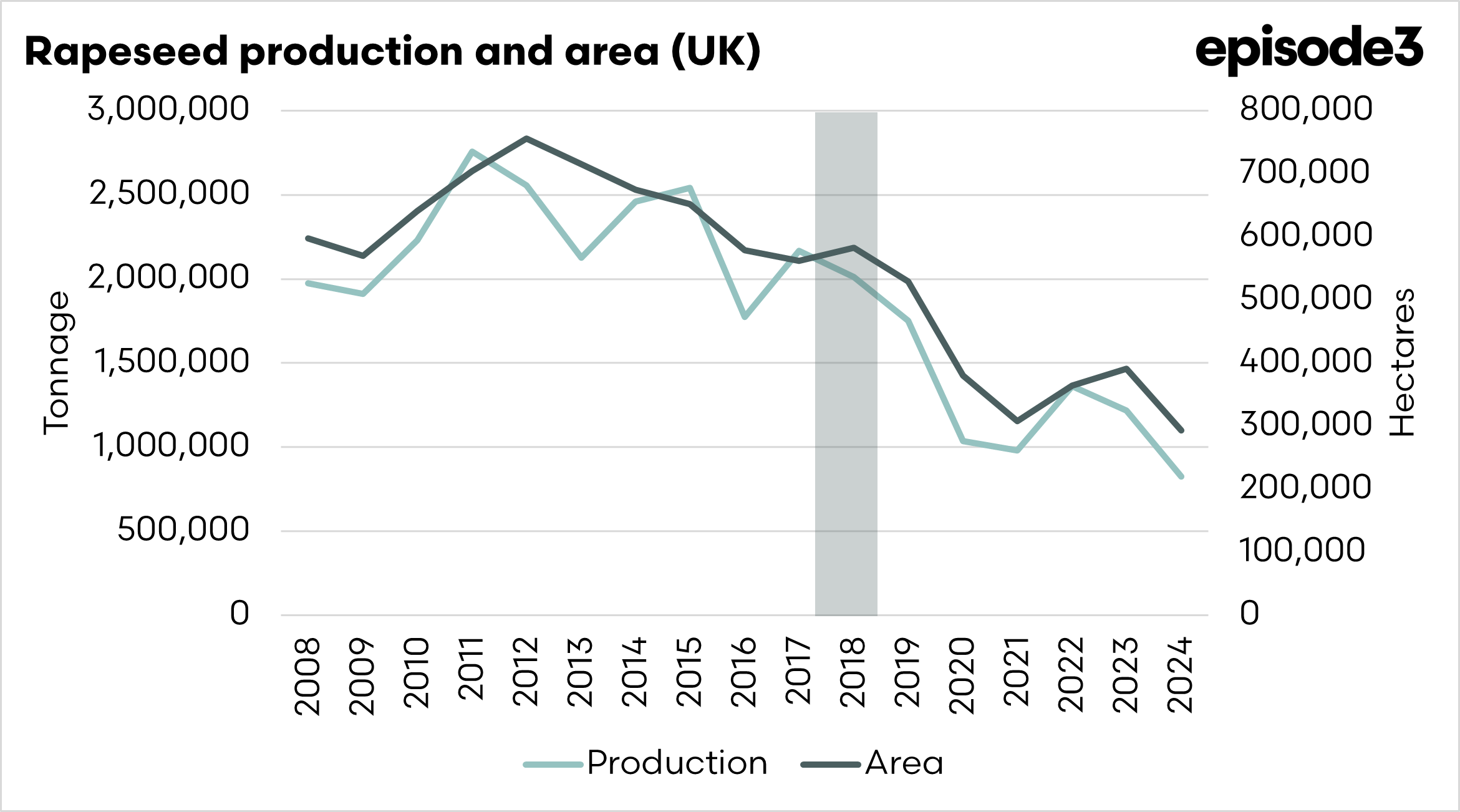Does the UK give us a lesson about paraquat?

The story of neonicotinoids in the UK illustrates how government decisions regarding farm chemicals can significantly impact how farmers run and manage their land. Government intervention has intended and unintended consequences, one of which is on rapeseed (canola).
Neonicotinoids were introduced in the 1990s and quickly became a popular pest control tool, helping protect crops from insect damage and supporting production. However, as research raised concerns about their impact on bees and other pollinators, governments acted. In 2013, the EU limited their use of flowering crops, and by 2018, the ban had been extended to all outdoor uses. The UK allowed the use of sugar beet for emergencies, but this is no longer allowed as of this year.
Environmental groups welcomed this, but it created challenges for farmers relying on neonicotinoids as part of their crop protection strategies. The need to find new solutions often brings higher costs, added complexity, and, in some cases, a re-evaluation of the entire approach to growing certain crops, especially rapeseed.
The result was that British farmers significantly reduced the area they planted with rapeseed, as they lacked confidence in alternative protection measures. In the five years to 2018, the UK planted an average of 634k hectares; in the five years post the ban, they planted 394k hectares. Production was 2.2mmt pre-ban and 1.2mmt post-ban.
As we all know, Australia is far from immune to the effects of government policy and regulation. Paraquat is a great example. Farmers across Australia use it, and it is under review at the moment. It plays a crucial role in controlling weeds while supporting no-till systems, one of the significant reasons why massive dust storms no longer cover Australian cities (see picture below). In a country where managing soil and rainfall is crucial, science-based agriculture is required.
This is why any review or policy change must be based on a clear understanding of how these products are used in practice. The APVMA plays a crucial role in ensuring that decisions are carefully considered, taking into account both the science and the practical needs of growers.
The UK’s experience with neonicotinoids reminds us that decisions about farm inputs are never just about the product itself; they affect the whole farming system. Getting these decisions right means supporting long-term productivity, environmental care, and business certainty. As Australia continues to adapt and evolve its agricultural systems, the rules around chemical use must remain clear, science-based, and tailored to the local farming environment.
The farming lobby must ensure that they have access to reliable data and insights in order to ensure that they put the right foot forward when discussing policy with the government.
If you are looking for information on markets for your business or information for your customers, reach out to us at info@episode3.net
Supporting your local analyst allows us to continue to help provide data driven analysis to the industry.
Our brochure below outlines some of our services and how we can help your organisation.
Click here to read our brochure



